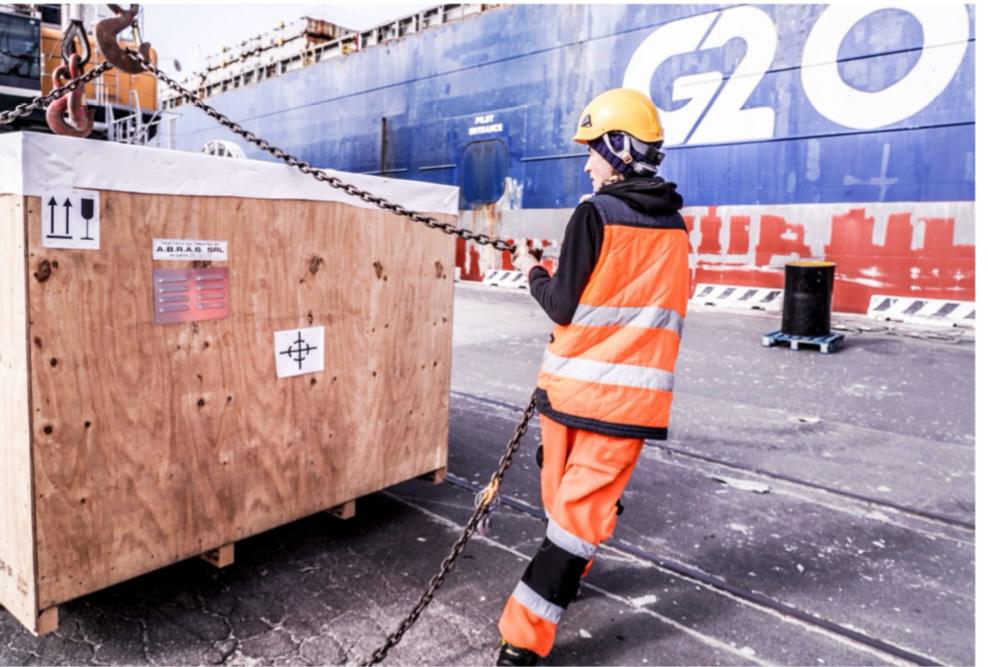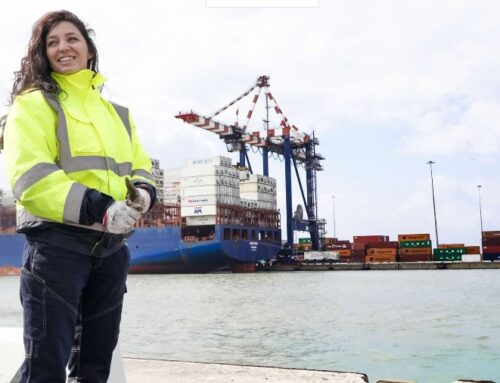Today, March 8th, International Women’s Day, the role of women in the international port sector takes on special significance, highlighting not only their increasing presence but also their transformative role in this strategic sector. The president of RETE (Association for the Collaboration between Ports and Cities), Teófila Martínez, emphasizes the importance of this evolution and the positive impact it has on the development and sustainability of ports worldwide.
 “The incorporation of women in the port sector is not only a question of gender equality but also a key factor for innovation and efficient management of our ports,” Martínez states. “Their vision, leadership, and ability to face the challenges of the sector enrich decision-making and promote a more inclusive and sustainable approach in port management.”
“The incorporation of women in the port sector is not only a question of gender equality but also a key factor for innovation and efficient management of our ports,” Martínez states. “Their vision, leadership, and ability to face the challenges of the sector enrich decision-making and promote a more inclusive and sustainable approach in port management.”
According to a report by the International Maritime Organization (IMO), less than 2% of the maritime workforce is composed of women, a figure that, although low, has been increasing thanks to global initiatives focused on promoting gender equality in the maritime and port sector. The IMO, through its “Women in the Maritime Sector” program, seeks to increase the visibility of women in the maritime field and support their access to training and leadership opportunities, a strategy that RETE is also working on.
In the business context, leading port companies are recognizing the importance of gender diversity in their organizational structures. A study by the International Chamber of Commerce (ICC) reveals that companies with more diverse management teams not only achieve higher financial performance but also show greater capacity for innovation and adaptability to market changes.
The vision of the president of RETE aligns with these trends, emphasizing that “women bring perspectives that can help redefine port strategies and operations, especially in areas such as environmental sustainability, digitalization, and security.”
“As the port sector faces global challenges, such as climate change and digital transformation, the female contribution becomes a fundamental element in adapting ports to the new demands of international trade and logistics,” Martínez concludes.





